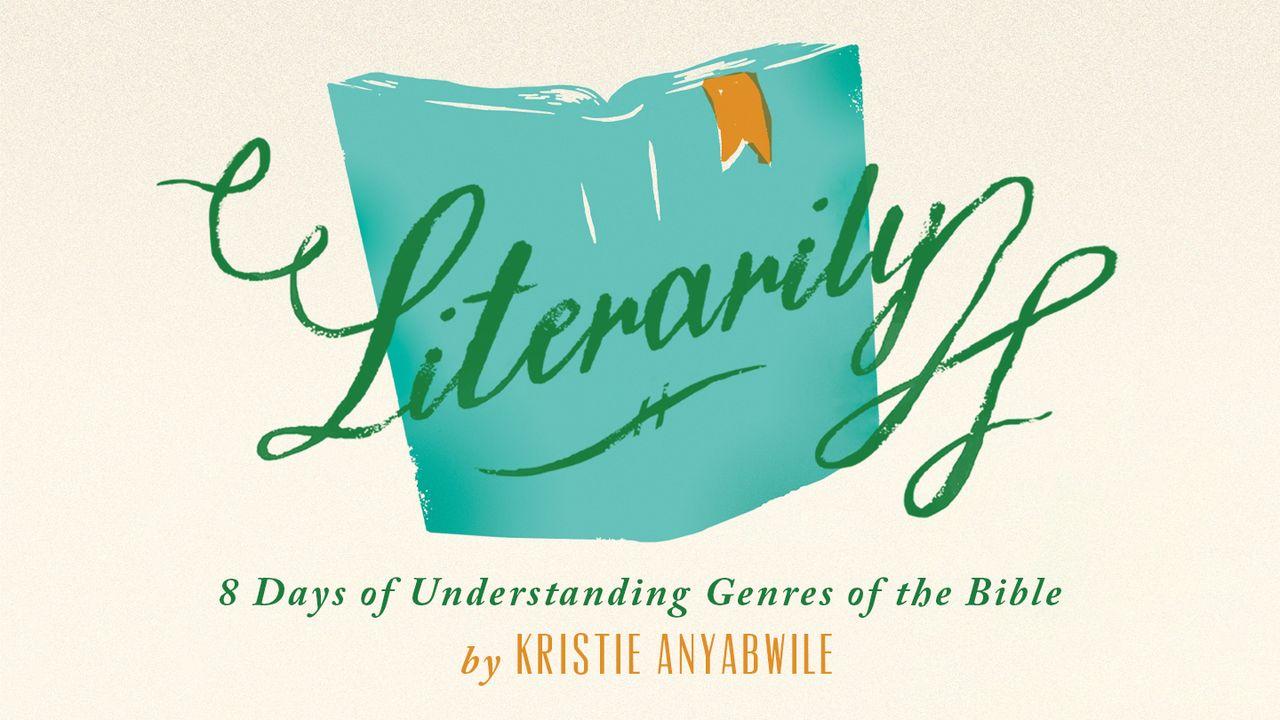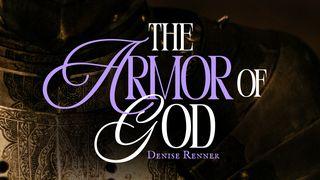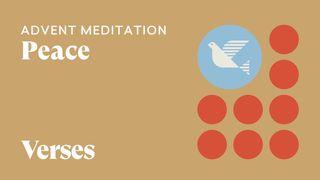Literarily: 8 Days of Understanding Genres of the Bible by Kristie AnyabwileSample

Apocalyptic
Scripture - Revelation 12:1-17
Read today's passage of scripture before continuing to read this devotion.
Who are the main characters? There are three scenes in this chapter, verses 1–6, 7–12, 13–17. Describe what is happening in each scene (use the words in the text) and the result. What does each scene represent? In light of what you learn, how might Christians be encouraged or challenged by this passage? How might someone who is not yet a Christian be challenged or encouraged?
Written Content
The term apocalypse comes from a Greek word that means “revelation,” and that’s where the Book of Revelation gets its name. Revelation and the latter half of Daniel are the primary apocalyptic books, but apocalyptic passages appear throughout the Bible. In apocalyptic literature, individuals receive divine revelations from God about things that are to come. It encompasses discussions of eschatology (ES-kuh-TAH-luh-gee), which is the study of the last days. The last days are the time we are living in now, between Christ’s first coming and His future return.
When studying apocalyptic books, first take your time. Read chapters several times to figure out what’s happening. Second, start with the book of Daniel, which will ease you into the apocalyptic genre and help you later when you study Revelation, which includes many allusions to Daniel. Third, use the opening chapters as your on-ramp. They provide a lot of context for later chapters and are relatively easy to follow. Fourth, pay attention to the interpretations given in the text. If the writer provides them, great! In both Daniel and Revelation, the first visions are interpreted for you, at least on a basic level. Fifth, stay out of the weeds! Keep your study real basic. Imagery and symbolism are the two main literary features of apocalyptic literature. Initially, just work on getting the big picture through the imagery. Determine what is actually happening in the text, what it might refer to in the historical context of the original audience, how the various characters (and creatures) respond, and how it might correspond to our context today. Keep in mind that just about everything is symbolic (except for the bits of narrative interspersed here and there), including objects, people, dates, and creatures. Fill in the gaps later.
In some ways, Revelation surveys the whole Bible, bringing the epic story of God’s redemption to a close. All that God promised to Abraham and his descendants, the restoration He promised wayward Israel, the kingdom of God Jesus ushered in and taught the disciples, the ability to see God face to face and not die but live and worship Him eternally, the mortal taking on immortality—all of this comes to ultimate fulfillment in this last book of the Bible.
Want to dig deeper? Check out Kristie's new book, "Literarily: How Understanding Bible Genres Transforms Bible Study" https://www.moodypublishers.com/literarily/
Scripture
About this Plan

In this eight-day study, you will learn about the major genres of Scripture - Law, Old Testament Narrative, Poetry, Wisdom, Prophecy, Gospels & Acts, Epistles, and Apocalyptic. We can deepen our understanding of God's Word by learning to study the Bible according to its literary genres. Whether you are new or seasoned in Bible study, this plan is intended to provide a framework for reading and understanding each genre.
More
We would like to thank Moody Publishers for providing this plan. For more information, please visit: https://www.moodypublishers.com/literarily
Related Plans

Am I Really a Christian?

The Armor of God

Helping Your Kids Know God's Good Design

Written in Heaven: His Story, Our Lives

Daily Godpreneur: Millionaire Mind

Advent Meditations: Peace

God Is in Control

Bible App for Kids – Discover God’s Big Story

Power at Sunrise: 30 Days of Reconstructing Your Life With the Word
